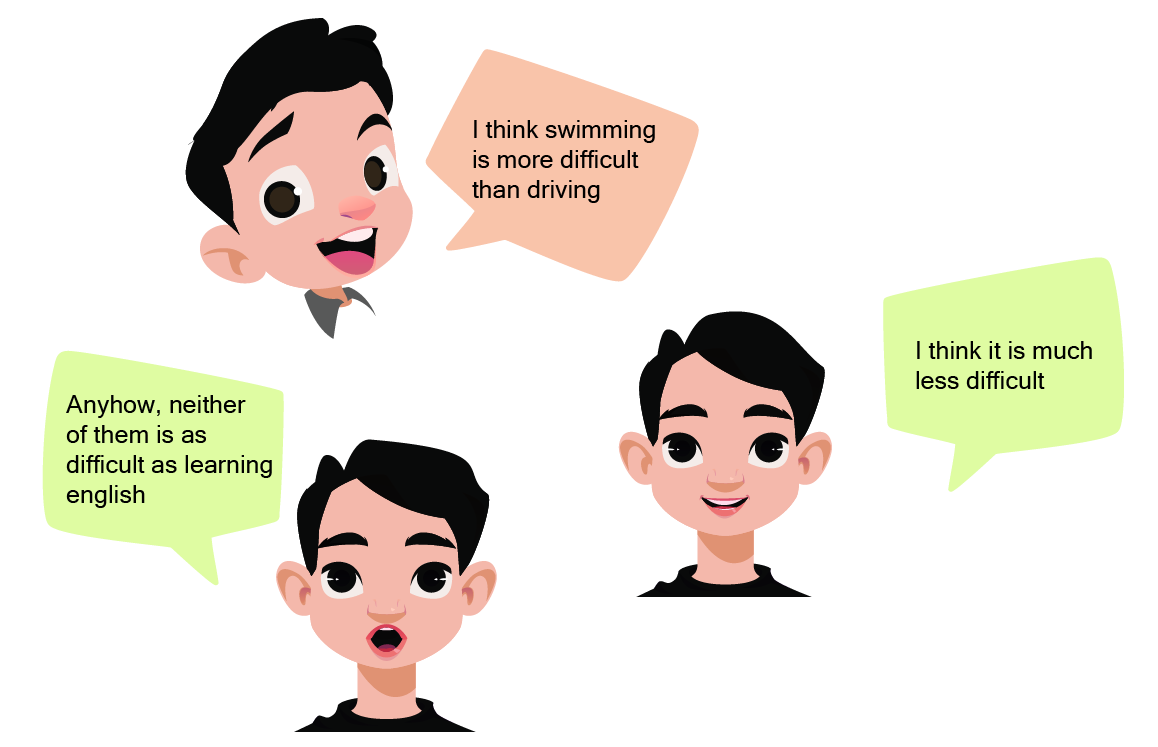English Honeysuckle Class 6 Chapter 3 Questions and Answers - Free PDF Download
FAQs on NCERT Solutions For Class 6 English Honeysuckle Chapter 3 Taro’s Reward - 2025-26
1. According to the NCERT textbook for Class 6 English, what was the one specific wish of Taro's old father?
In Chapter 3, 'Taro's Reward', the specific wish of Taro's old father was to have a cup of saké. He was shivering with cold and believed that the warm drink would heat his body and do his old heart good. This simple wish is what sets the entire story in motion.
2. How should a student correctly answer what reward Taro received from the Emperor of Japan as per the CBSE 2025-26 syllabus?
To provide a complete answer for the NCERT solution, students should mention both parts of the reward:
- The Emperor gave Taro twenty pieces of gold for being so good and kind to his parents.
- He also named the most beautiful fountain in the city after Taro to encourage all children to honour and obey their parents.
3. How do you explain why the waterfall gave Taro saké but only cold water to the villagers in the NCERT solution for Chapter 3?
The correct explanation is that the waterfall was magical. It rewarded Taro's sincerity and selflessness. Because he was a thoughtful son who worked hard to fulfil his father's wish, the waterfall gave him delicious saké. However, the villagers were greedy and selfish. The waterfall recognised their intent and gave them only plain, cold water, thereby punishing their greed.
4. What was the main reason Taro ran in the direction of the stream, according to the NCERT chapter?
The primary reason Taro ran towards the stream was that he was very thirsty from his hard work. The sound of rushing water was unexpected because he could not remember ever seeing or hearing a stream in that part of the forest before. His curiosity, combined with his thirst, made him rush to investigate.
5. In solving the questions for 'Taro's Reward', what made the villagers angry enough to want to harm Taro?
The villagers became angry because they felt tricked and humiliated. After hearing about the magical saké from the old woman, they rushed to the waterfall with pitchers and buckets. When they tasted the liquid, it was only plain cold water. They concluded that Taro had lied to them and made a fool of them, which made them furious and want to punish him.
6. Why did Taro become 'sadder than ever' right after fulfilling his father's wish? Shouldn't he have been happy?
This is a key emotional point in the story. Taro became sadder because the saké was very expensive. While he was momentarily happy to have fulfilled his father's wish, the thought that he was too poor to ever buy it for him again made him sad. It shows his deep, continuous concern for his father's happiness, which went beyond a one-time gift.
7. How does the story 'Taro's Reward' illustrate the difference between genuine care and greed?
The story presents a clear contrast. Taro's actions are driven by care; he works harder to get his father a comforting drink. His reward comes from this selflessness. In contrast, the villagers' actions are driven by greed; they rush to get free saké for themselves without any thought or effort. The story uses the magical waterfall to show that genuine care is rewarded while greed leads to disappointment.
8. Beyond the plot, what is the core moral that a student must explain in the NCERT solution for 'Taro's Reward'?
The core moral of the story is that being thoughtful, hardworking, and sincerely honouring one's parents are virtues that are always rewarded. The story teaches that true reward comes not just from material gains (like gold) but also from the recognition of one's good character. It emphasizes that selfless love is more powerful than selfish greed.

























